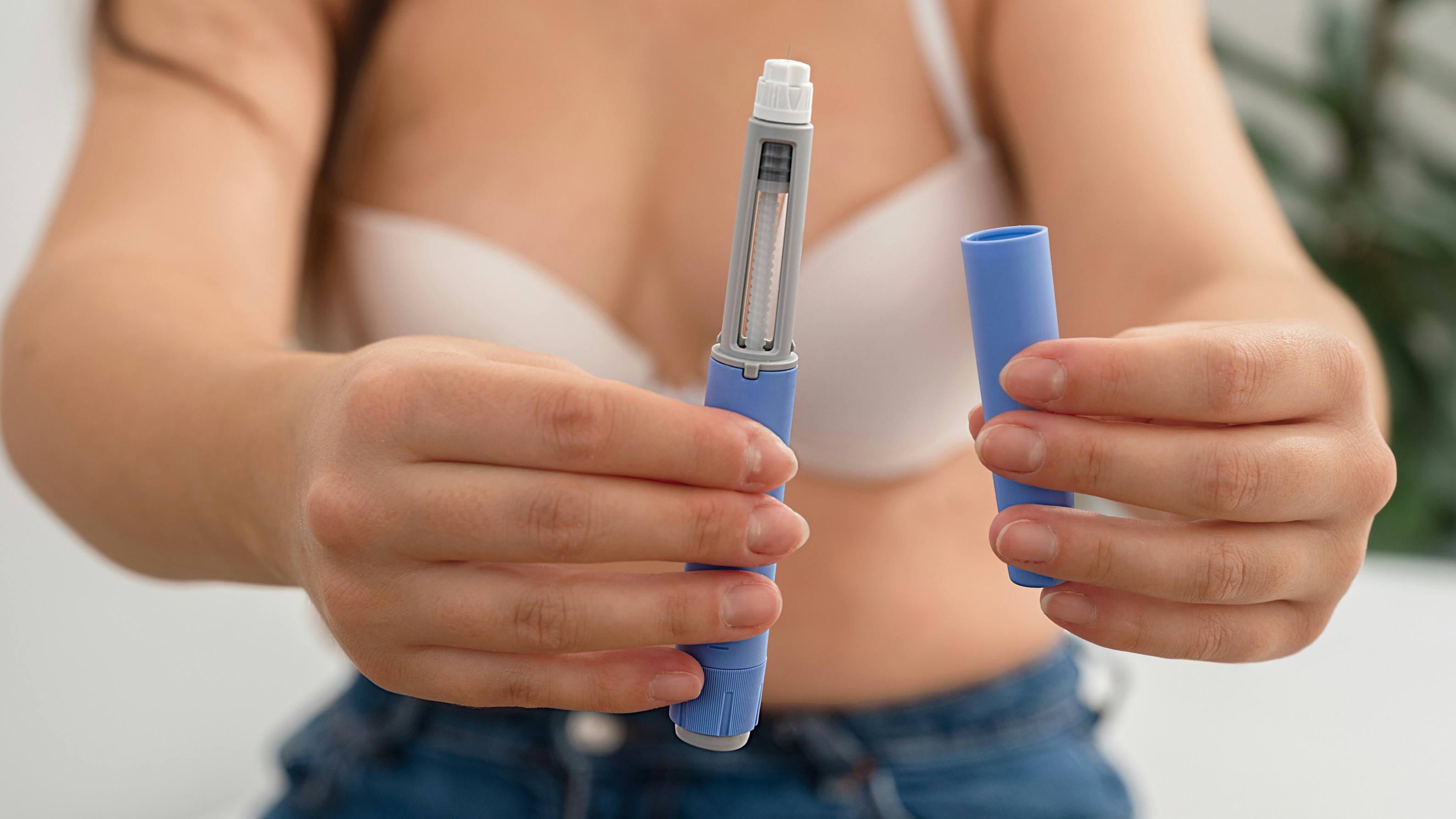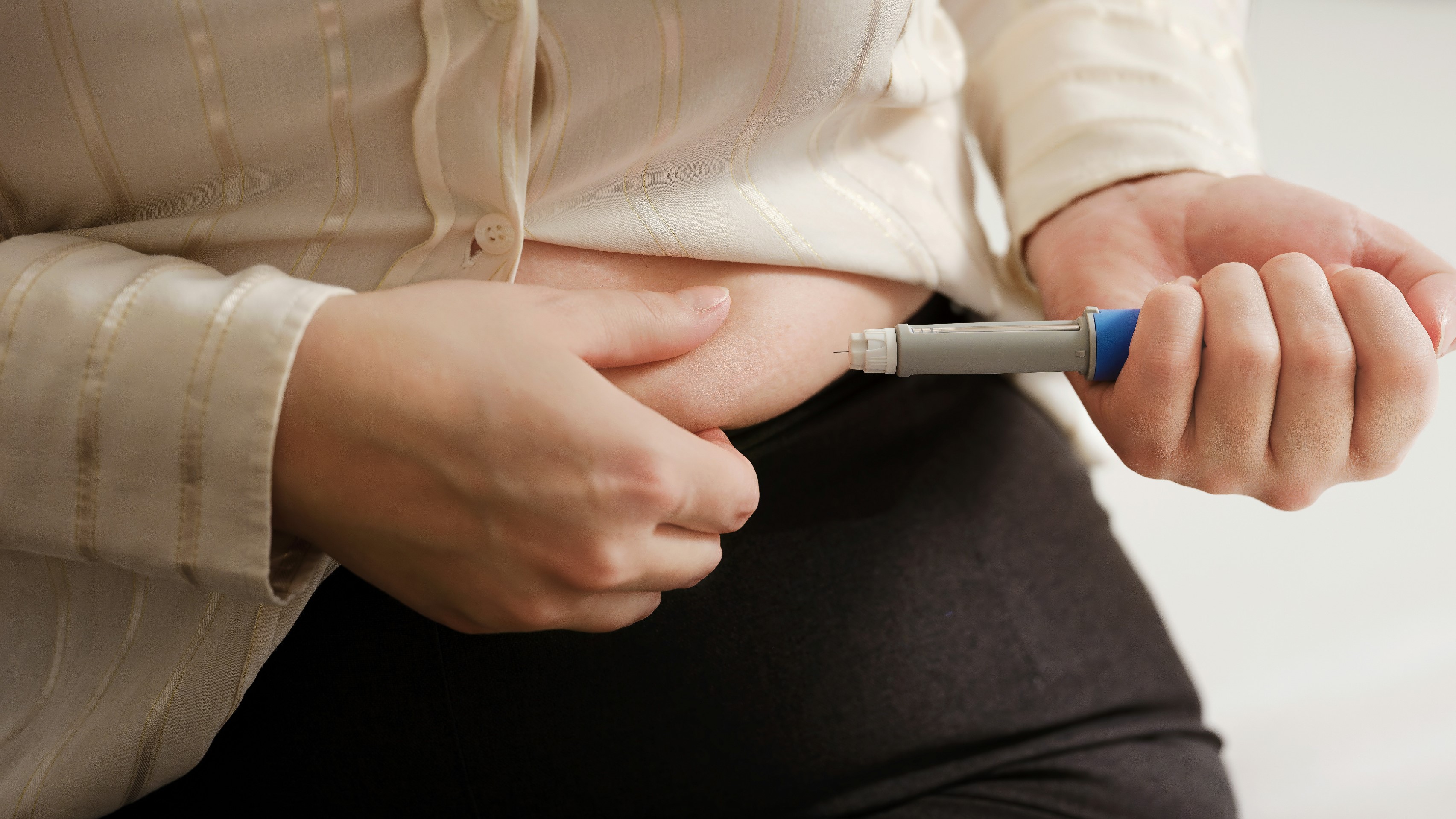Table of Contents


Understanding Water and Its Functions
Water is involved in numerous functions within our bodies, including regulating body temperature, transporting nutrients, lubricating joints, and aiding in digestion. It is also a key component of blood, helping to deliver oxygen and nutrients to our cells. Additionally, water plays a role in removing waste products from the body through urine and sweat.
Hydration and Weight Loss: The Connection
Proper hydration is closely linked to weight loss. When our bodies are adequately hydrated, our metabolism functions optimally, allowing us to burn calories more efficiently. Water also helps suppress appetite, making us feel fuller and reducing the likelihood of overeating. Moreover, staying hydrated supports physical performance during exercise, enhancing our ability to engage in physical activities that contribute to weight loss.
The Benefits of Staying Hydrated
Boosting Metabolism
Hydrating effectively can give your metabolism a boost. Studies have shown that drinking water can temporarily increase your metabolic rate, resulting in more calories burned. This effect is more pronounced when consuming cold water, as the body expends additional energy to warm it up to body temperature.
Controlling Appetite
Dehydration can sometimes be mistaken for hunger, leading to unnecessary snacking or overeating. By staying hydrated, you can help control your appetite and reduce the chances of consuming excess calories. Drinking a glass of water before meals can create a feeling of fullness, promoting portion control and aiding in weight management.
Enhancing Physical Performance
Maintaining adequate hydration levels is crucial for optimal physical performance. When dehydrated, you may experience fatigue, decreased endurance, and reduced motivation to exercise. By drinking enough water, you can improve your stamina and maximize the benefits of your workouts, leading to more effective weight loss.
Promoting Digestion and Detoxification
Water plays a key role in the digestion and absorption of nutrients. It helps break down food, enabling the body to extract essential nutrients efficiently. Furthermore, adequate hydration supports the proper functioning of the kidneys, which are responsible for filtering waste and toxins from the blood. By staying hydrated, you assist your body in its natural detoxification processes.
Maintaining Skin Health
Proper hydration is vital for maintaining healthy skin. Dehydration can lead to dryness, flakiness, and an increased risk of skin problems. By drinking enough water, you promote skin elasticity, prevent premature aging, and contribute to a vibrant and youthful complexion.
How Much Water Should You Drink Daily?
The amount of water needed varies depending on several factors, including body weight, physical activity levels, and climate. A general guideline is to aim for at least eight glasses of water per day, but individual requirements may differ. It is recommended to listen to your body's thirst signals and increase water intake during exercise or when in hot weather conditions.
Tips for Staying Hydrated
Here are some practical tips to help you stay hydrated throughout the day:
Carry a Water Bottle
Carrying a water bottle with you wherever you go serves as a constant reminder to drink water regularly. Opt for a reusable bottle and refill it whenever necessary.
Set Reminders
If you tend to forget to drink water, set reminders on your phone or use apps that prompt you to hydrate at regular intervals. These reminders can be especially helpful if you have a busy schedule.
Infuse Your Water with Flavor
If you find plain water unappealing, try infusing it with natural flavors like lemon, cucumber, or mint. This can make your water more enjoyable and encourage you to drink more.
Eat Hydrating Foods
Incorporate foods with high water content into your diet, such as watermelon, cucumbers, oranges, and strawberries. These foods not only provide hydration but also offer additional nutritional benefits.
Monitor Your Urine Color
An easy way to gauge your hydration status is by observing the color of your urine. Ideally, it should be pale yellow or straw-colored. If it appears dark yellow or amber, it may indicate dehydration, prompting you to increase your water intake.
Common Myths About Hydration
Let's address some common misconceptions related to hydration:
Myth: Only Thirsty People Need to Drink Water
Thirst is a late indicator of dehydration. It's important to drink water regularly throughout the day, even if you don't feel thirsty.
Myth: All Fluids Contribute to Hydration
While some beverages like water and herbal tea are hydrating, others like sugary drinks or caffeinated beverages may have a diuretic effect, increasing fluid loss. It's best to prioritize water as your primary source of hydration.
Myth: Coffee and Tea Are Dehydrating
Although coffee and tea have mild diuretic properties, they still contribute to your overall fluid intake and can hydrate you. However, excessive consumption should be avoided due to their potential stimulatory effects.
Conclusion
Hydration is crucial for both weight loss and overall health. By staying properly hydrated, you can boost your metabolism, control your appetite, enhance physical performance, aid digestion and detoxification, and maintain healthy skin. Remember to drink enough water daily, listen to your body's signals, and follow practical tips to ensure optimal hydration.
FAQs
1. Does drinking water help burn calories?
While water itself doesn't directly burn calories, staying hydrated can support weight loss by boosting metabolism and suppressing appetite.
2. Can dehydration hinder weight loss?
Yes, dehydration can hinder weight loss. It may lead to decreased energy levels, impaired exercise performance, and mistaken hunger signals, potentially derailing your weight loss efforts.
3. Are sports drinks better than water for hydration?
Sports drinks can be beneficial during intense physical activity lasting longer than an hour, as they provide electrolytes and carbohydrates. However, for regular hydration needs, water is generally sufficient.
4. Can drinking water before meals aid in weight loss?
Yes, drinking water before meals can help you feel fuller, leading to reduced calorie intake during the meal and potentially aiding in weight loss.
5. Is it possible to over-hydrate?
While rare, over-hydration can occur. It is essential to listen to your body's cues and drink water in moderation, especially during periods of intense physical activity or hot weather conditions.

More Articles Like This











